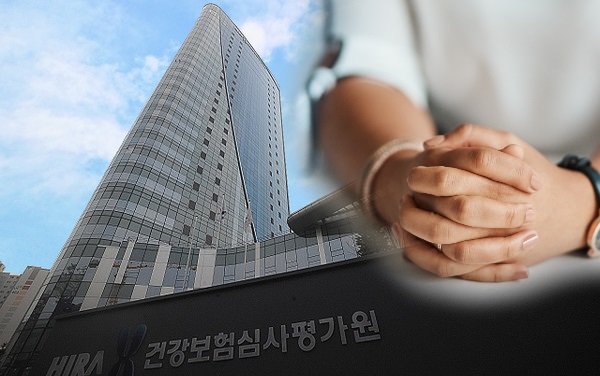Patients and the pharmaceutical industry pay keen attention to whether the government will reimburse Enhertu (trastuzumab deruxtecan), for which drug price negotiations are underway with the National Health Insurance Service (NHIS) from April.
Patient organizations have been pressuring the government with appeals from breast cancer patients who want to use the new drug as soon as possible, even if it means increasing their out-of-pocket payment.

Pharmaceutical companies with next-generation antibody-drug conjugates (ADCs) are also anxiously watching the price of Enhertu with insurance coverage to estimate the ICER (incremental cost-effectiveness ratio) thresholds that will be applied to their products.
In a survey of 110 HER2-positive breast cancer patients in Korea, 73.6 percent of respondents said they were most in need of "improved access to breast cancer drugs," indicating a high demand for effective new drugs that improve patient survival.
Besides, 95 percent of respondents said they would pay more than 5 percent of their out-of-pocket expenses for an innovative new drug, and 80 percent would be willing to pay an additional 10 percent of their out-of-pocket expenses, equivalent to 300,000 won to 400,000 won ($225 to $300).
"Patients are waiting for the insurance coverage of Enhertu, an innovative new drug for breast cancer that can extend patient survival by two to three times or more," said Kwak Jeom-soon, head of the Union of Korean Breast Cancer Patients, noting that many patients have been contacting the union through its website and phone calls.
Kwak went on to say, "We have heard that Enhertu may be covered by insurance starting in April, but we understand that there are still procedures, such as drug price negotiations with the government. Breast cancer patients are desperate for effective new drugs, with 95 percent of patients saying they would like to use the new drug even if it means increasing their co-payment ratio. We look forward to seeing innovative new medicines covered as soon as possible for patients with advanced metastatic breast cancer."
Enhertu won reimbursement approval from the Pharmaceutical Reimbursement Evaluation Committee and is in drug price negotiations with NHIS. Normally, the deadline for negotiating drug prices is 60 days. Still, as the government has been in close discussions with the company for more than nine months at the committee, there is speculation that the negotiations could end soon. Coverage will be available as early as April.
The patient union’s release of the survey results is seen as a move to prevent any possible breakdown or delay in negotiations. With a monthly dose of Enhertu costing about 20 million won, patients forced to stop treatment due to the cost or delay treatment until it is reimbursed will be pressuring the government to finalize the deal as soon as possible.
Patients aren't the only ones anxiously awaiting news on Enhertu's reimbursement. Pharmaceutical companies, which have introduced next-generation ADCs and are currently awaiting reimbursement reviews, are also keeping a close eye on Enhertu's pricing.
Gilead is currently reviewing Trop-2-targeted ADC Troldelvi (sacituzumab govitecan) for triple-negative breast cancer, and Astellas is reviewing Nectin-4-targeted ADC Padcev (enfortumab vedotin) for bladder cancer. Both have passed the Cancer Disease Review Committee and entered the Pharmaceutical Reimbursement Evaluation Committee’s subcommittee.
Their concern is whether Enhertu’s innovative value will be recognized with the appropriate drug price. Since the government has pledged to apply an ICER elasticity to the economic evaluation of Enhertu, the question is how much the ICER threshold value is recognized.
Industry executives speculate that it is between 57 million won and 59 million won, but this has not been confirmed. Considering that the government has so far applied the ICER threshold for anticancer drugs below 50 million won, the industry’s speculation is much higher than that.
According to the “ICER of Drugs Submitted for Economic Evaluation from 2018 to 2022” released by the Health Insurance Review and Assessment Service at the end of last year, the median ICER of the 10 anticancer drugs reviewed during this period was 39.99 million won, with a minimum of 24.96 million won and a maximum of 47.92 million won.
Related articles
- Breast cancer patients keep appealing for quick reimbursement of Enhertu
- Enhertu moves closer to insurance coverage by passing drug-reimbursing panel
- Cancer expert appreciates Enhertu’s efficacy, advocates for flexible coverage
- HIRA denies responsibility for delayed coverage of new drugs Enhertu, Ilaris
- ‘Recognizing Enhertu’s innovative drug price will help Korean patients and industry’
- Innovative new drug Enhertu to get insurance benefits as early as April
- Enhertu to get insurance coverage for metastatic breast/stomach cancer from April
- Breast cancer drug Enhertu's breakthrough results unveiled at GBCC 2024

